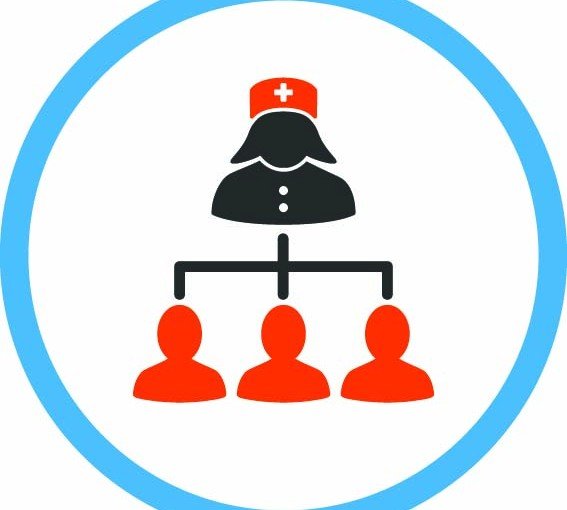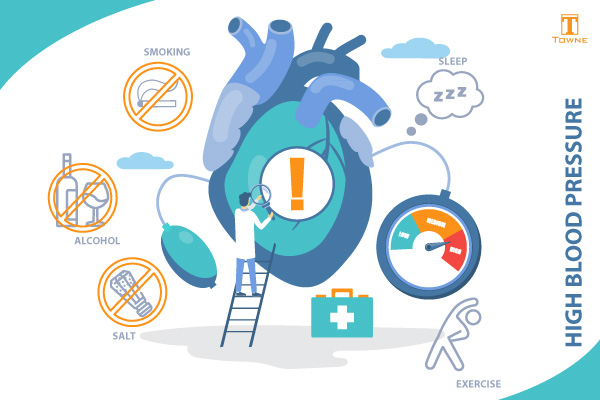Did you know that many CNAs are seeing between 40 and 50 patients a day? When we surveyed our community, 25% reported seeing that many and 15% said they see even more! When you’re running from patient to patient, it can be a challenge to inject that personal touch, but we all know how important it is to the patients to know that you care.
Even if you don’t have much time to spend at each bedside, small actions can make a big difference.
Call patients by their names
Start by learning the names of your patients and using them whenever you speak to them. Psychologists say that using someone’s name acknowledges their identity and boosts their self-esteem. It’s important to take note of what they want to be called. They may have nicknames they prefer or they may want to be addressed formally, for instance, “Mrs. Benedict.” Be sure to use their name when you approach them and again before moving on.
Say it with a smile
Research shows that patients think the more cheerful nurses are also the most skilled. Patients judge nurses and nursing assistants on their bedside manner. If the nurses are cheerful, compassionate and friendly, the patients assume they are good at their jobs. Besides, we all know that a fake smile eventually turns into a real one. If you need to, take a few seconds between patients, breathe deeply and paste a smile on your face before approaching the next patient.
Be a good listener
When patients describe which CNAs they like, they say things like, “she is interested in me as a person” or “he listens to what I have to say.” While taking care of technical details, you can listen to your patient talk, whether he is complaining about his ailments, telling you about a visit from his relatives or regaling you with stories from the distant past. When you show that you are listening by nodding, asking questions and laughing at the right moment, you let your patients know you care.
Make them smile
Some of us have a natural flair for making others smile, but even if you don’t, you can give your patients an extra boost with a silly joke or a funny story. When something amusing happens to you, file it away in your mind to tell your patients on days when they’re keeping quiet. Riddles, puns and knock-knock jokes can make your patient smile, especially when you laugh at the jokes yourself. Share good news or talk about something ridiculous you saw on TV. Keep the humor flowing to distract your patients from the tasks you are performing and give them a reason to smile long after you have gone.
Do you have more strategies for showing patients that they matter? Let us know in the comments below.







